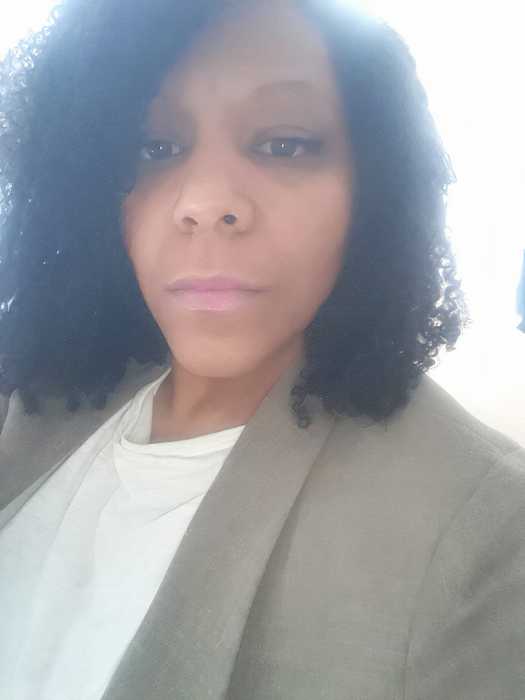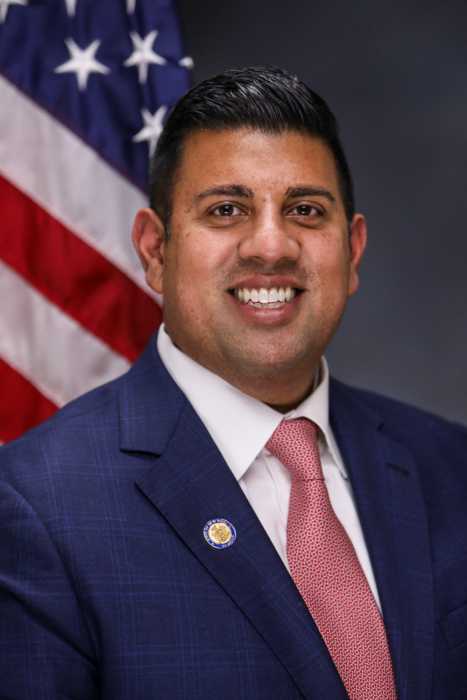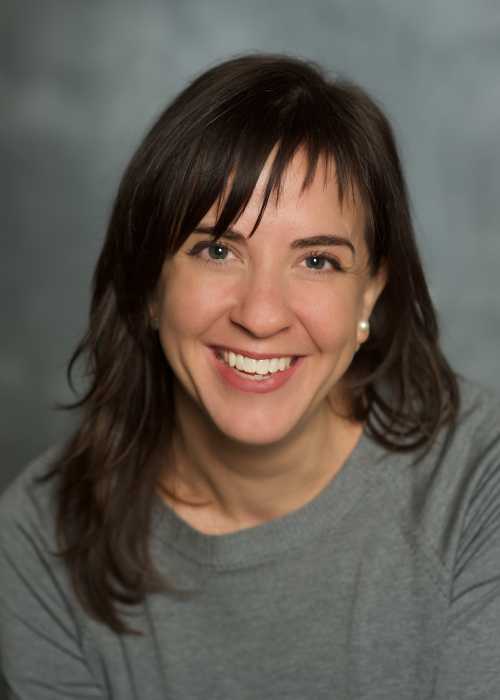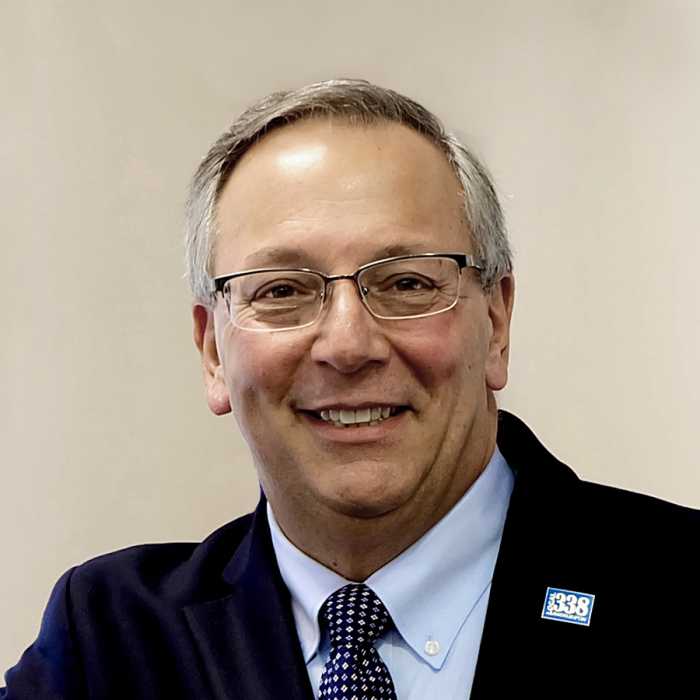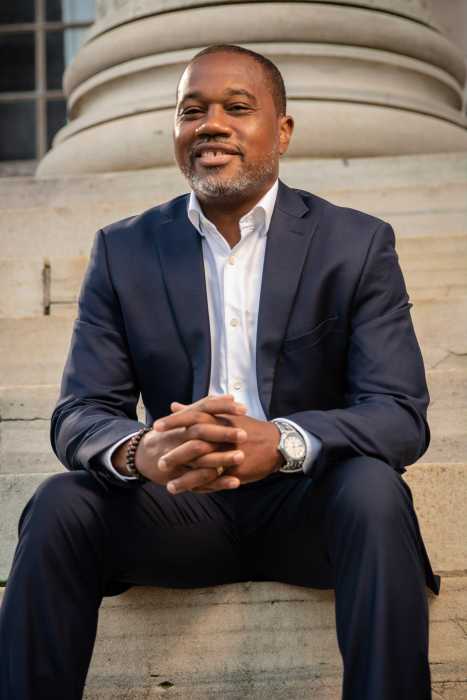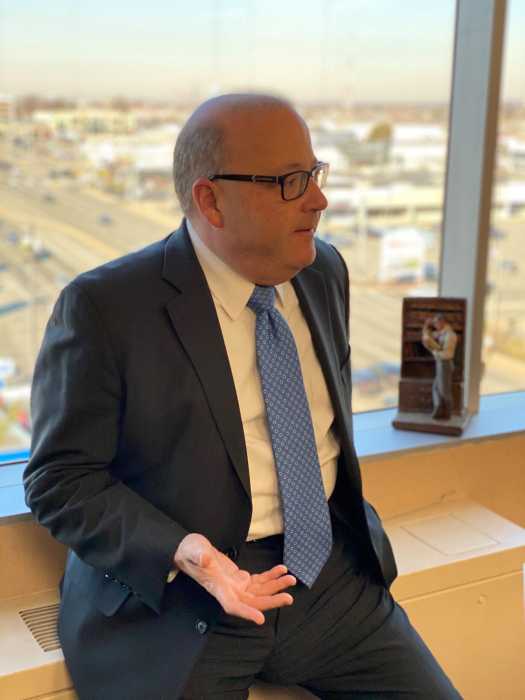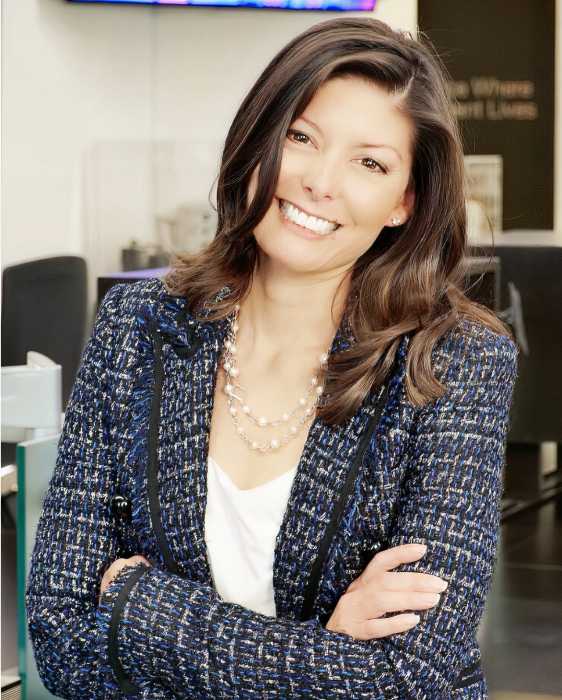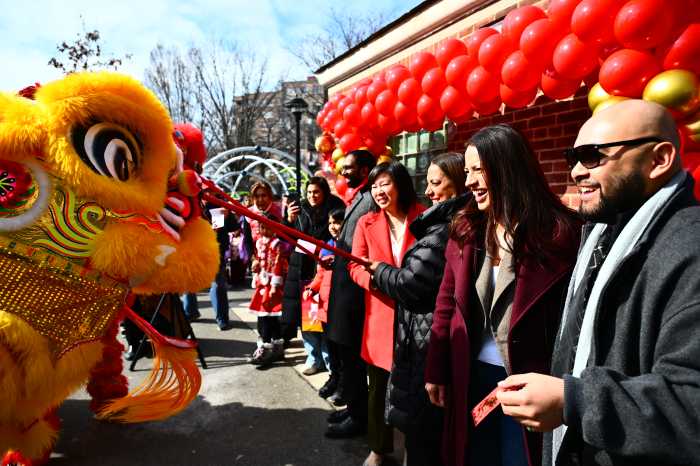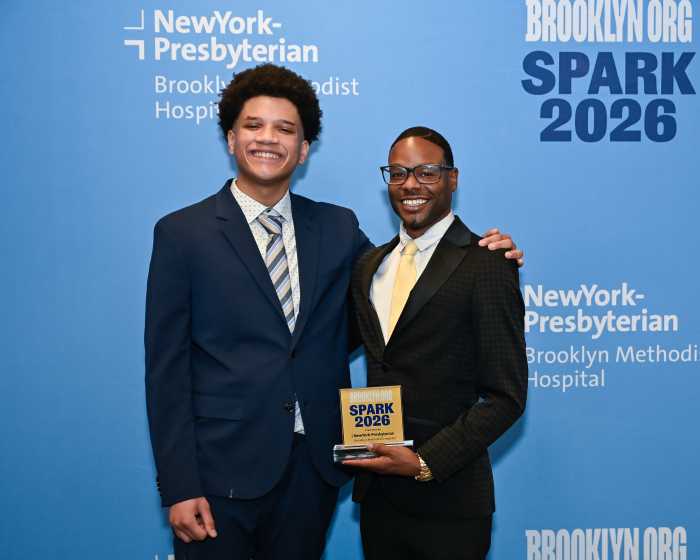Vikiana Clement is a New York Times Scholar, a Barnard-Columbia and NYU graduate and a NSF research grant recipient. She is founder of the Legacy CORE foundation and executive director of the former MEC Cannabis Education Task Force. Currently, Vikiana serves as the cannabis research grant program coordinator for the Chemistry and Environmental Science department at Medgar Evers College, where new Cannabis degree programs and supporting initiatives, expecting approval by the Fall 2023 semester, have recently been developed.
Do you think there is a stigma around working in the cannabis industry and if so how do you work to overcome it?
Unfortunately, there is still not enough education about cannabis to remove the overall stigma of the plant in any aspect. The first thing in overcoming a challenge is to be the change you want to see. And how I’ve done that is to align myself with a team of amazing professionals, scientists, faculty, industry leaders, small businesses, and legacy constituents sharing the vision to provide education and opportunities to our constituents.
How can the cannabis industry work with health care and academic professionals to educate consumers about the benefits and risks of cannabis use?
Although there are institutions working on pushing the frontier on research and cannabis, there are still many scientific unknowns and a conglomerate of unanswered questions regarding cannabis science. As such, the developed and existing cannabis industry in the United States should partner with academic institutions to expand the research initiatives lacking in the Western world and cannabis science. This is one way the Medgar Evers College Chemistry and Environmental Science Department is contributing not only to education but to the broadening of research initiatives around this plant.
Where do you see the cannabis industry in New York 10 years from now?
It is my hope that the State of New York will provide avenues for small businesses, in the formal and informal economy, to transition into a sustainable regulated cannabis market. In doing so, New York would not only provide customers with amazing assortments of high-quality products but also would serve other states as an example of what competitive non-monopolized business models look like in the cannabis industry.


